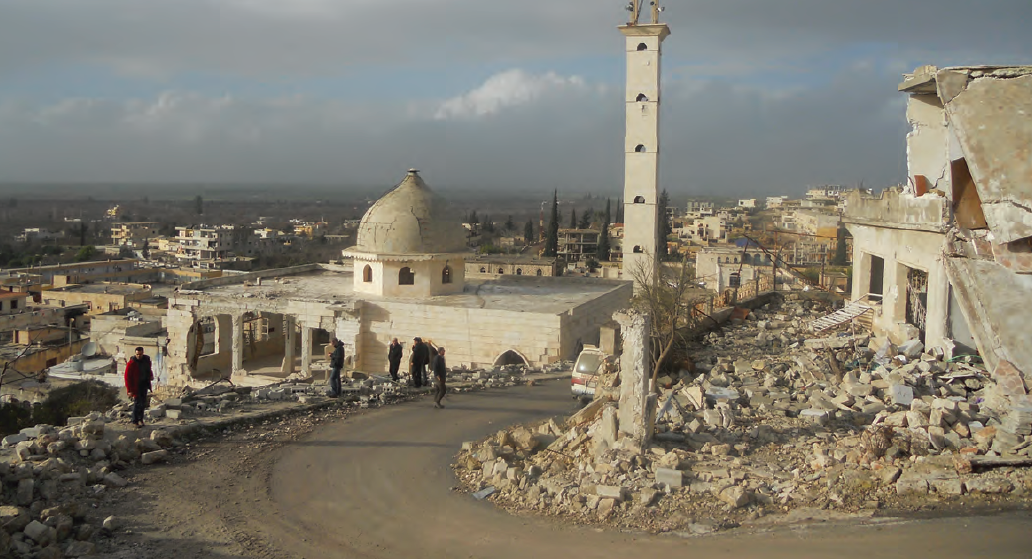ENNs Field Exchange 48: Issue summary
 Issue 48 highlights programming experiences and learning from the nutrition response to the Syrian crisis.
Issue 48 highlights programming experiences and learning from the nutrition response to the Syrian crisis.
Approximately two years after the outbreak of civil war in Syria in April 2011, the ENN compiled a special issue of its publication ‘Field Exchange’ focused on the nutrition response to the ensuing crisis in the region. Following a year-long process of interviews with key actors working in the region and regional visits, Field Exchange issue 48 was published in November 2014. The publication includes 54 articles, covering a wide range of programming experiences and learning from Syria, Jordan, Lebanon, Southern Turkey and Iraq, on themes such as scale up of treatment of acute malnutrition, support for infant and young child feeding (IYCF), food vouchers and cash programming. The publication provides a unique overview of programming experiences in the region as well as insights into the institutional architecture and challenges involved in supporting programming.
The ENN present their observations of the nutrition response developed during their extensive research for this publication in a ‘views’ article. The authors recognise the impressive programme of support displayed by the Governments of Jordan, Lebanon, Turkey, Egypt and Iraq which, with the support of the humanitarian community, had hosted over three million refugees by September 2014. It is widely recognized that the multi-sectoral and multi-stakeholder response to the Syria emergency averted a nutrition and health crisis. However, along with many programme successes and innovation, the authors identify some key challenges in the nutrition response to the Syria crisis, including:
- An inappropriate emphasis on acute malnutrition when other forms of malnutrition, e.g. anaemia and stunting, were more prevalent.
- Flawed nutrition surveys that suggested the nutrition situation was worse than it was.
- An IYCF response dominated by breastfeeding support but which did not take into account the low breastfeeding rates and widespread use of and demand for infant formula. Appropriate support for formula fed infants was lacking along with limited support for complementary food access.
- Inadequate attention to those with nutrition related non-communicable diseases (NCDs) such as high blood pressure and diabetes, despite the high prevalence of these conditions pre-crisis.
- Lack of nutrition sector input into planning for cash programming.
- Relegation of nutrition to sub-working groups of other sector coordination mechanisms across the region.
The Middle East emergency has, and continues to be, uniquely challenging in its scale and complexity. In spite of the extraordinary response, nutrition vulnerabilities remained poorly analysed and inadequately addressed and, indeed, such vulnerabilities may well worsen as the availability of resources for the Syria crisis decline. The nutrition community – both emergency and development – is needed as much now as it was in the early stages of the crisis.
Field Exchange issue 48 is freely available here.
